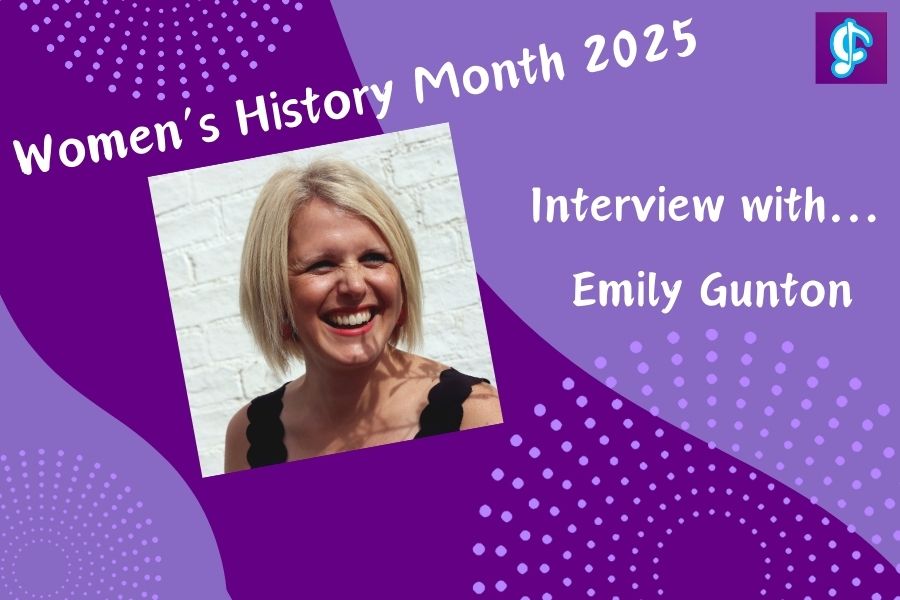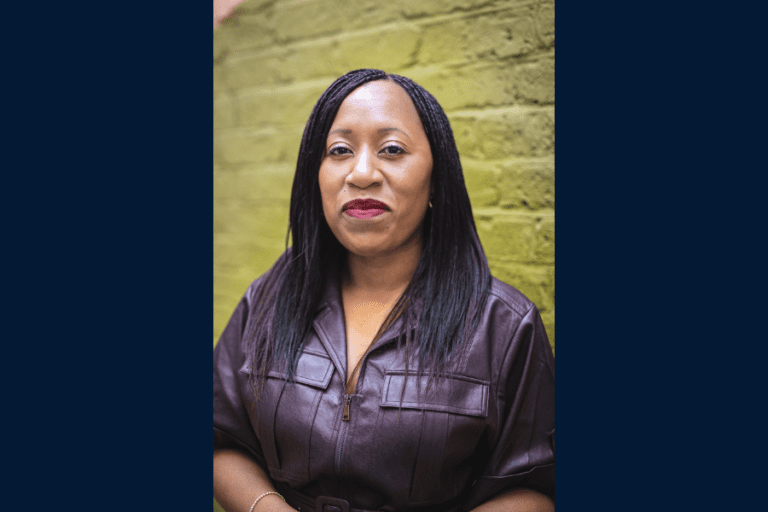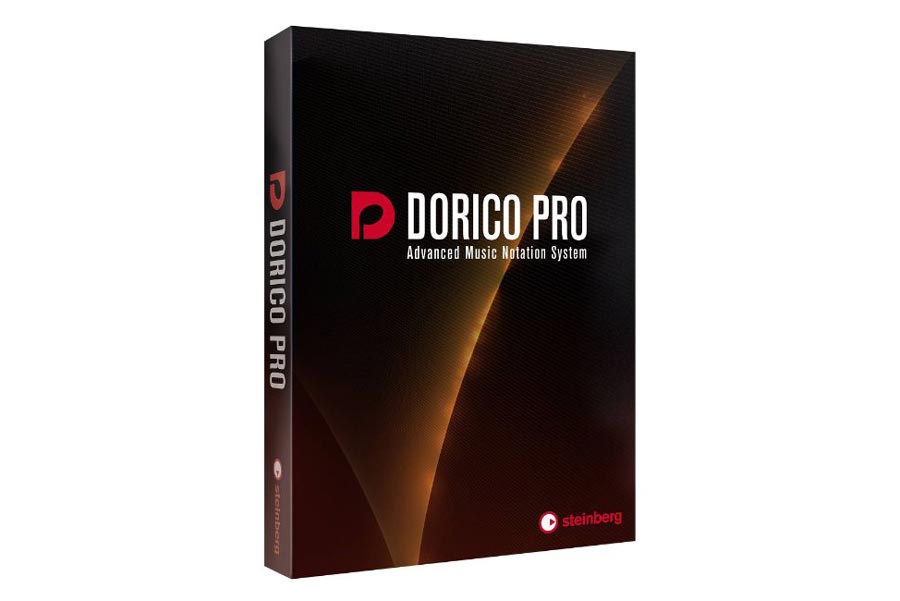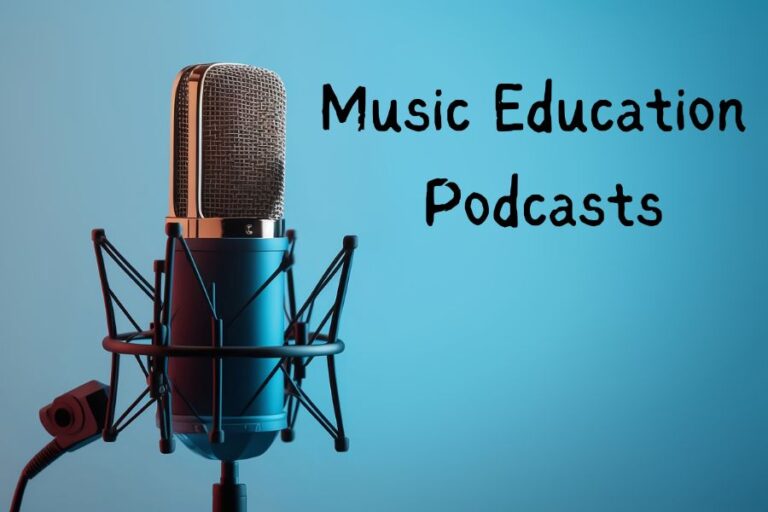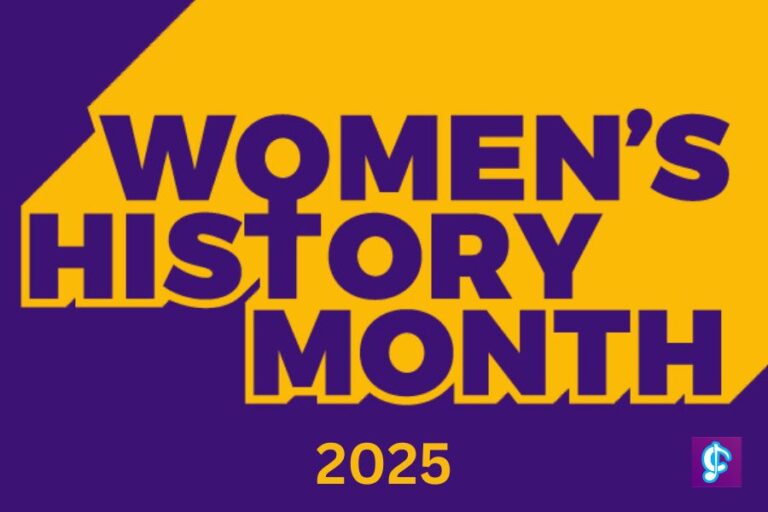Emily Gunton is a highly experienced music educator, writer, composer and professional percussionist. We got chatting about Evelyn Glennie, challenges women face in the music industry and how everyone needs a wingwoman…
Tell us about your musical experience growing up…
I was brought up in the Dorset countryside and nobody in my family is musical. One year, we went to my cousin’s house for Christmas; he had just started drum lessons got a drum kit for Christmas. From that moment onwards, I was captivated. I went to a middle school (back in the days when middle schools existed) and was fortunate to have a fantastic music teacher called Mr Hume who let me play in the school orchestra. No previous experience was necessary and his ethos epitomised inclusive education. He was a brilliant jazz musician and hearing him play was inspirational.
After a year of lessons, he put me in touch with the Head of Percussion at Dorset Music Service (another inspirational woman in my life – Cynthia Mason) and I joined the county percussion ensemble, followed by the youth orchestra. Even at an early age, I could see it was going to be my way out. I hated living in the middle of the countryside, I found it boring. I hadn’t particularly found my tribe at school but through the music service, I made a whole new friendship group, rehearsed every weekend and did residential courses which I absolutely loved. I then got a music scholarship to Bryanston School. The Director of Music at the time couldn’t cope with having a ballsy female percussionist around and I was completely miserable. After two years, I left at the end of Year 10 (no I wasn’t expelled!) and went to Wells Cathedral School as a specialist musician. The experience and opportunities I was given there were life changing.
What (or who!) drew you to percussion?
When my cousin let me try out his drum kit, he taught me a couple of grooves and I found I had a natural aptitude for it. I’ve never really followed convention so playing percussion suited me.
Who were your role models?
Evelyn Glennie burst onto the scene about the time I started playing and I wanted to be the next Evelyn. I was even a member of her fan club! Like me, she was brought up in countryside and I thought, if she can escape, so can I!
Cynthia Mason the head of percussion for the Dorset Music Service was a huge inspiration and I also had two incredible percussion teachers at Wells Cathedral School – Jayne Obradovic and the late Jan Faulkner. It was only when I went to the RCM that I realised how lucky I was at Wells; the percussion department at Wells wasn’t representative of everywhere else.
In 2021 you wrote a piece for the Guardian about the lack of female percussionists in orchestras – has there been any improvement?
Bang the drum for change: Why do orchestras have so few female percussionists? by Emily Gunton
Progress is always going to be slow as permanent jobs are so few and far-between and recruitment processes are still not as fair as they should be. As much as the opportunity is not always there, juggling a career where you inevitably end up working lots of evenings isn’t easy either . Nurseries only fit with 9-5 jobs and being a musician certainly doesn’t fit into that.
I also think there has been a real shift in the number of female conductors who are in high-profile positions and that visibility is so important. Women also champion women and nearly every job or professional breakthrough I have had is because a woman has given me the opportunity. I hope that by having a woman at the front of the orchestra, it’ll support what is going on at the back. At a grass roots level, things look promising but then there were plenty of female percussionists playing when I was at Youth Orchestra. I think it’s going to take at least another 20 years to see gender parity. Evelyn Glennie wrote the following in her autobiography, which was published in 1990: ‘As I was no drinker and didn’t like to socialise in noisy and smoky pubs, I became increasingly isolated from my peers…’. Evelyn felt like this nearly 35 years ago, and I know there are women (and men) playing percussion who feel like this now. Too much of it is about whether you fit into the social scene.
What can women and men do to improve representation in the music industry?
Overall there needs to be a complete culture shift. People and organisations need to have a clear mission and vision and there need to be more mentors out there to support women in the industry. Music colleges in particular need to ensure they are addressing this. More importantly, there needs to be fair and transparent processes so that women are auditioned fairly and given the same opportunities as men. I know there are still orchestras in London who allow sections principles to book their mates and that has got to stop.
When you were Director of Music at Blackheath High School, how did you champion female artists and composers?
Much of it starts with the curriculum and I looked at everything from what YouTube clips I was going to play down to how you are going to teach 12 set works at GCSE which has very little representation. I had displays and photos of influential women around the department and I was careful to champion music written by women in all my concerts. To be honest, I was relentless but that because I’d had a rough time in a male-dominated profession, and I want it to be different for them. I hashtagged #WomenInMusic in all the department social media posts and concert programmes. I organised Women In Music festivals, booked female adjudicators at our House Music Competitions and when we had professional musicians coming in to support with concerts and musicals, I always ensured we had gender parity.
Two of your pieces have recently been published in the first ever ABRSM drum kit syllabus – congratulations! How did that feel?
I felt very honoured. I had been slightly scathing about the ABRSM in an article a couple of years ago so I was surprised they asked me. I think it also shows that the ABRSM have come a long way and that they are taking Women In Music seriously.
Emily’s pieces can be found in the ABRSM Grade 1 Drum Kit list: ‘Cuban Roots’ and the ABRSM Grade 5 Drum Kit list: ‘New Trend’.
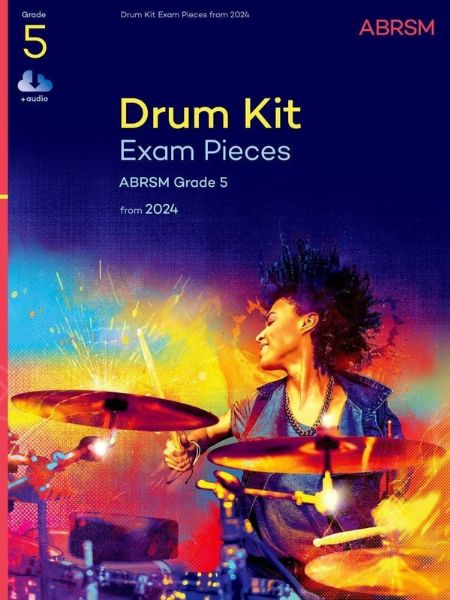
How do you get started with a composition – what’s your creative process?
I tend to play around and find rhythms and motifs that I like and go from there. It contradicts my years of teaching composition where I used spend most lessons saying “you don’t have to like everything you compose”.
You are now Director of Learning & Development at In Toto Ed. What does your role involve?
Me and my husband have set-up three alternative provision schools (In Toto Ed) for young people who are unable to access mainstream education. I work strategically across all three schools and run the London School on a day-to-day basis. It’s hard work but it’s fun making our vision come to life and being my own boss.
What are your plans for the next 12 months?
Once In Toto Ed is Ofsted registered, I plan to step back and let someone else run it on a day-to-day basis. I am in the process of writing a Music and Maths book which supports primary school teachers to teach maths through music so my focus is getting it finished and published. Having previously been a columnist for the Times Educational Supplement and written for The Guardian and Music Teacher Magazine, I want to start to do more writing but most importantly, I would like to mentor more
female students in music colleges and women just entering the profession. Everyone needs a wingwoman.
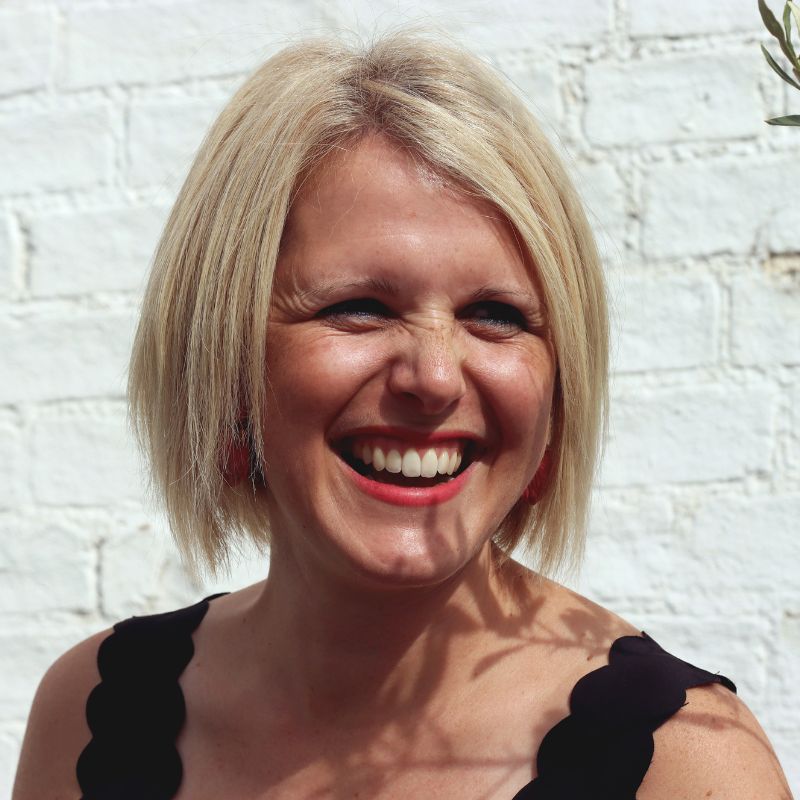
About Emily Gunton
Emily studied percussion at the Royal College of Music and freelanced as a professional musician and workshop leader for a number of years as well as teaching percussion at Junior Trinity, Royal Holloway and a number of Independent Schools. A chance opportunity to do a GTP lead Emily into teaching and she worked at Blackheath High School for 10 years as Director of Music, Head of Co-curricular and Outreach and School Consultant Teacher and
transformed the music department, doubling the number of students studying GCSE and A Level before leaving to set-up three alternative provision schools in London, Cambridge and Peterborough.
As a writer, Emily has written for the Times Educational Supplement, Music
Teacher Magazine and the Guardian. She has recently contributed to ABRSM’s new drum kit syllabus and is a regular guest speaker at music and education conferences. Emily is a passionate advocate for Women in Music and inclusive education.
